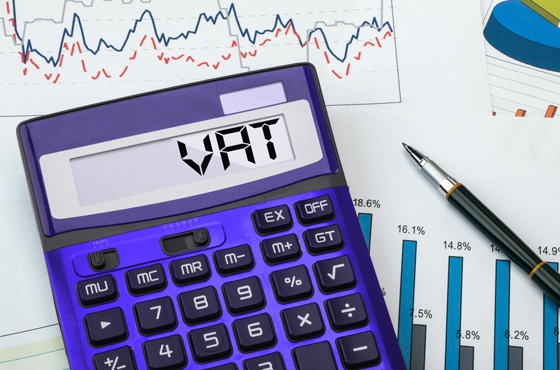The UAE is expected to introduce the 5% VAT from 1 January 2018, but will have until 1 January 2019 to fully implement VAT. The Managing Director of the IMF claimed that the introduction of VAT in the GCC could raise revenues equivalent to 2% of GDP.
VAT is a consumption tax applicable on both manufacturers and consumers. It is therefore likely to be levied at each stage of the local construction process as well.
Niall Hughes, Senior Consultant for Construction at Morgan McKinley, says local building firms are likely to bear immediate effects of VAT in the form of administration costs.
“VAT is levied at all stages of the construction supply chain, and each supplier would normally pass on these costs to the next person in the chain,” he said.
“One potential benefit to the construction industry is that VAT revenues may be used by governments to improve services for citizens, with infrastructure high on this list,” Hughes continues. “This could in turn result in opportunities for construction companies.”
Irrespective of when and if these opportunities arise, the UAE construction industry will have do its research on the implications of VAT. Tim Whealy, Vice President at Hill International, says he believes an interim period might be established for the region to identify the supply chain dynamics of VAT.
“It will be interesting to see how the tax is phased in, the exemptions on it, whether there’s a consultancy period for companies to prepare, and how various industries deal with it. At the moment, we know healthcare and education will be exempted, but we’ll have to see how main construction projects are handled.
“Government projects could be exempted – or certainly there’d be a rebate or a neutral position, but some of the private projects could be more difficult,” Whealy adds.
VAT is also likely to impact material supply in the GCC, and it is fair to contemplate whether tax evaders may resort to material hoarding within the region’s purchasing and supply chain.
Justin Whitehouse, Managing Director for indirect tax services at Deloitte, says that while “there will always be people who will not pay the required taxes”, it is likely that the low rate of VAT will reduce the motivation to evade its payment.
“All markets with VAT and tax systems have these concerns, and the key is to make sure these doesn’t impact business. The construction industry, as well as similar business-to-business B2B sectors, could benefit from the implementation of VAT,” he comments.
“It might present administrative challenges, but companies should not bear VAT costs, and it should be passed on to the consumer at the bottom of a very long chain. So, compared to retail, where you’re dealing directly with consumers, construction will hopefully have a less challenging environment,” Whitehouse adds.
While the industry has voiced concerns about VAT reducing investor interest in the GCC, experts believe this tax is unlikely to hurt the region’s standing as a local hub for foreign firms.
Construction Week
30 Nevember






















































